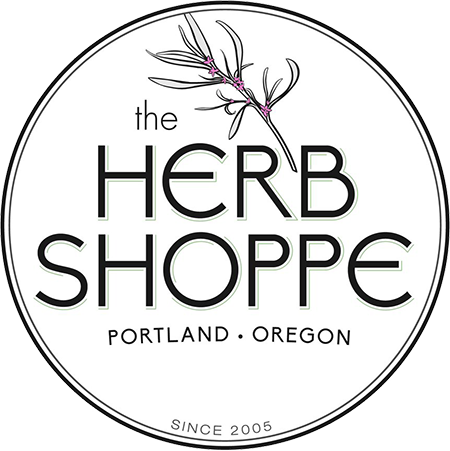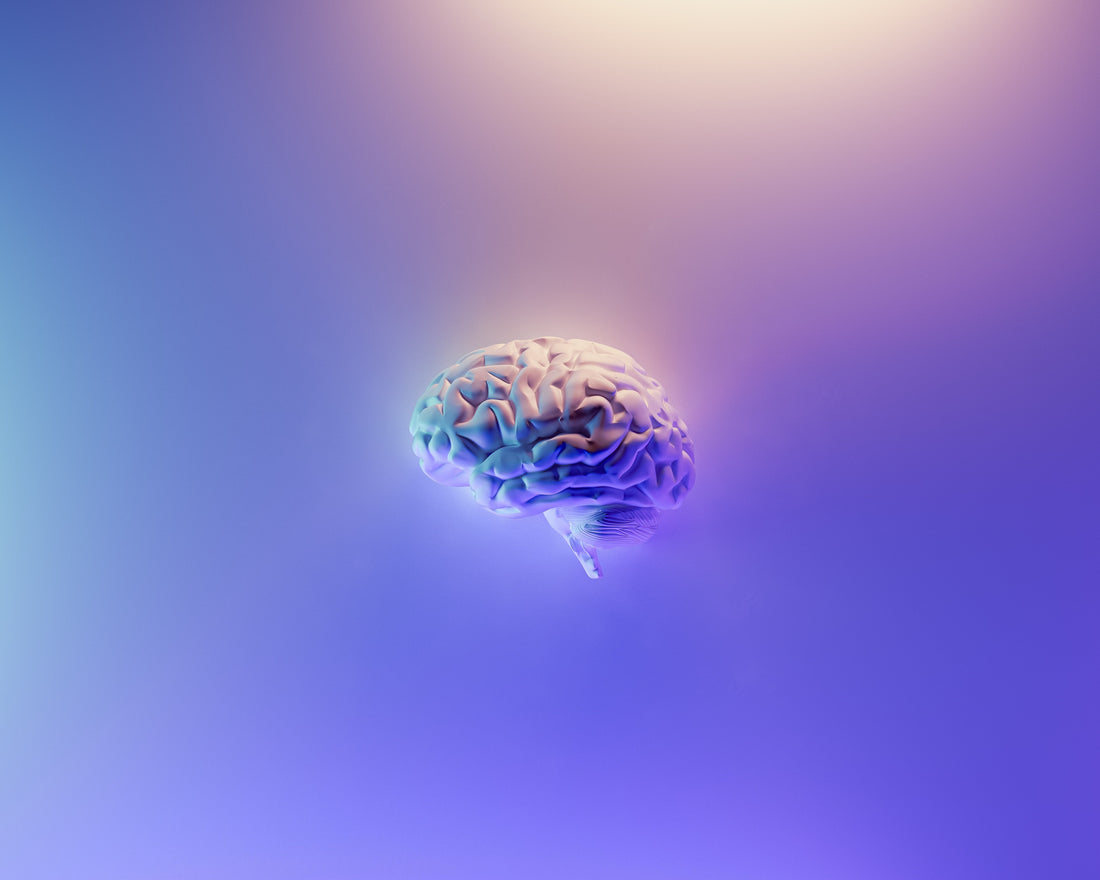Neurotransmitters are essential to the processes of cellular communications and interactions. Passed along from neuron to neuron via synapsis, the junction between neuron axons and dendrites. Neurotransmitters are the release of chemical messengers triggered by a stimulus, relaying information and physiological changes throughout the nervous system and the body as a whole. The exact attributes and functions of neurotransmitters are still well under study.
Saying exactly what one neurotransmitter does over another is mostly just theory at this point, a popular one at that. The human body, and more specifically the brain, is not something that can be reduced down to the sum of its parts. No matter how you cut it, our bodies are tensentric, both physically and physiologically connected.
In the past, neurological and psychological conditions have been treated with neurotransmitter therapies. A balancing game in which unprecedented correlations between amounts of neurotransmitters equate to mood, behavior, or function. The most infamous of which has created a multibillion-dollar industry on the placebo effects of these “neurotransmitter inhibiting” drugs alone. And while you will never hear an herbalist put down the healing powers of the placebo effect, the adverse side effects of these drugs may be doing more harm than good.
However, these therapies have led to some of the most important insights leading current theories, allowing for great advancement in modern medical treatments and therapies. Without our mistakes, we would never learn. This is especially true for Western medicine and biomedicine as a whole. These advancements may seem to only benefit the institutions they come from, however, this is entirely untrue.
A peace of mind I have gained over the years as an herbalist is knowing that the advancements of modern medicine serve traditional medicine to further explain the actuality of our wisdom and natural interventions. In this, we can come to understand that there are no enemies in healing and wellness, no need for dogmas or disapproval between one school of medicine over another. Instead, a more intelligent practitioner, or physician for that matter, understands the value of allied medicine above all borders, methods, or even sciences.
One of the greatest advancements that herbalists have gained from biomedicine is the classification of substances. Words like analgesics, thymoleptics, and immunomodulators give practitioners insight into the physiological effects of something. The very cellular processes of which are decoded by the drop of a name. However, unlike compounds and controlled substances, herbs will be classified under many titles, and new titles are being created as we further study the physiological language of plants.
In this blog, we will be taking a deeper look into different herbs that interact with the very processes of imagination, emotion, and logic. We will examine how we may work with herbs to revitalize our neurological pathways, improve cellular communication, and promote repair and regrowth via physiological therapies. Stay posted for the next entry, where we will look at the neurotransmitter dopamine and the effects of dopaminergic herbs on the brain.
References
- Jakobsen, J. C., Katakam, K. K., Schou, A., Hellmuth, S. G., Stallknecht, S. E., Leth-Møller, K. B., Iversen, M. G., Banke, M. B., Petersen, I. J., Klingenberg, S. L., Krogh, J., Ebert, S. E., Timm, A., Lindschou, J., & Gluud, C. (2017). Selective serotonin reuptake inhibitors versus placebo in patients with major depressive disorder. A systematic review with meta-analysis and Trial Sequential Analysis. BMC Psychiatry, 17(1). https://doi.org/10.1186/s12888-016-1173-2
- Acharekar, M. V., Saldivia, S. E. G., Unnikrishnan, S. N., Chavarria, Y. Y., Akindele, A. O., Jalkh, A. P., Eastmond, A. K., Shetty, C., Rizvi, S. S., Sharaf, J., Williams, K. D., Tariq, M., & Balani, P. (2022). A Systematic Review on the Efficacy and Safety of Selective Serotonin Reuptake Inhibitors in Gastrointestinal Motility Disorders: More Control, Less Risk. Cureus. https://doi.org/10.7759/cureus.27691
- Stansbury, J. (2020). Herbal Formularies for Health Professionals, Volume 4: Neurology, Psychiatry, and Pain Management, including Cognitive and Neurologic Conditions and Emotional Conditions. Chelsea Green Publishing.
- Easley, T., & Horne, S. (2016). The Modern Herbal Dispensatory: A Medicine-Making Guide. North Atlantic Books.
- Kaptchuk, T. J. (2000). The Web That Has No Weaver: Understanding Chinese Medicine. McGraw Hill Professional.
- Werner, R. (2019). A Massage Therapist’s Guide to Pathology 7e: Critical Thinking and Practical Application.
- Telkes, N. (2020). Herbcraft: The Complete Guide to 21st Century Holistic Western Herbalism.

